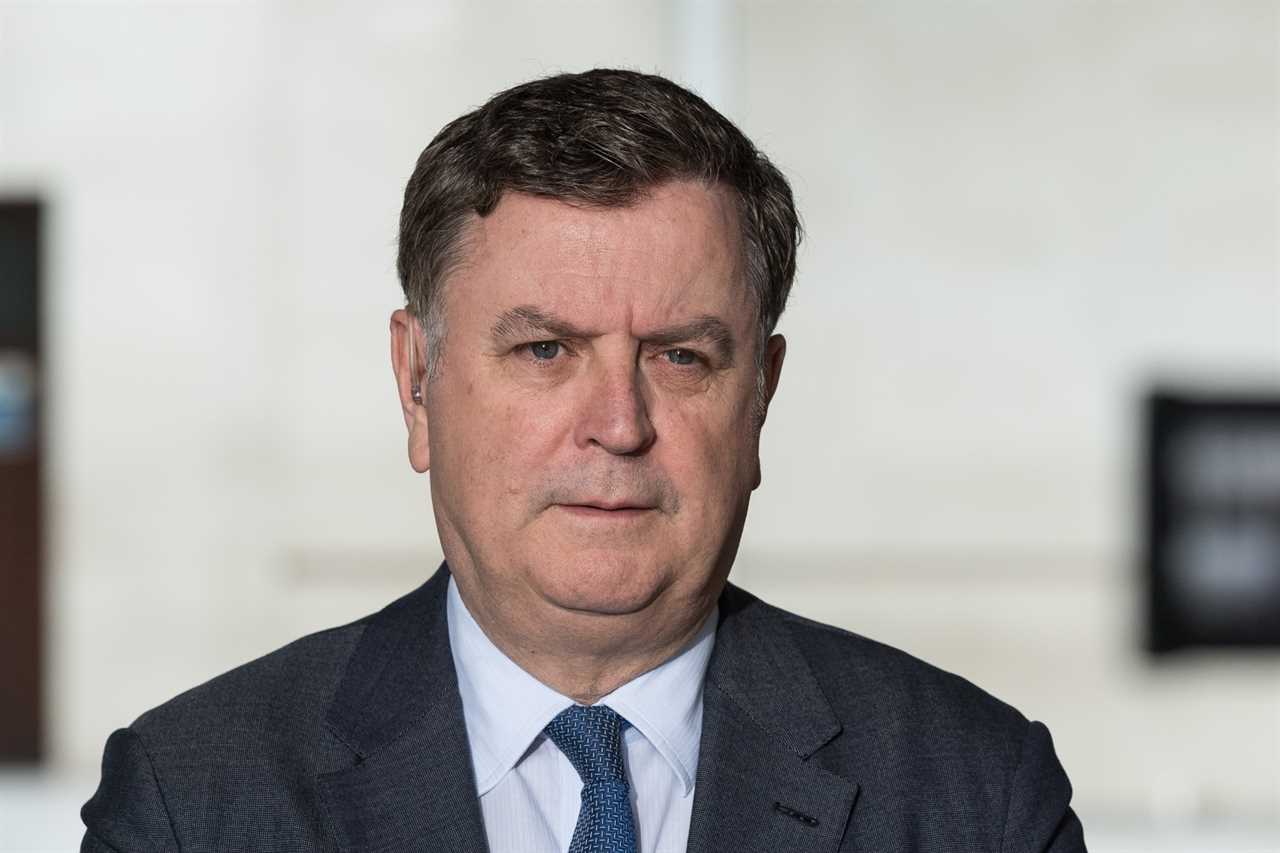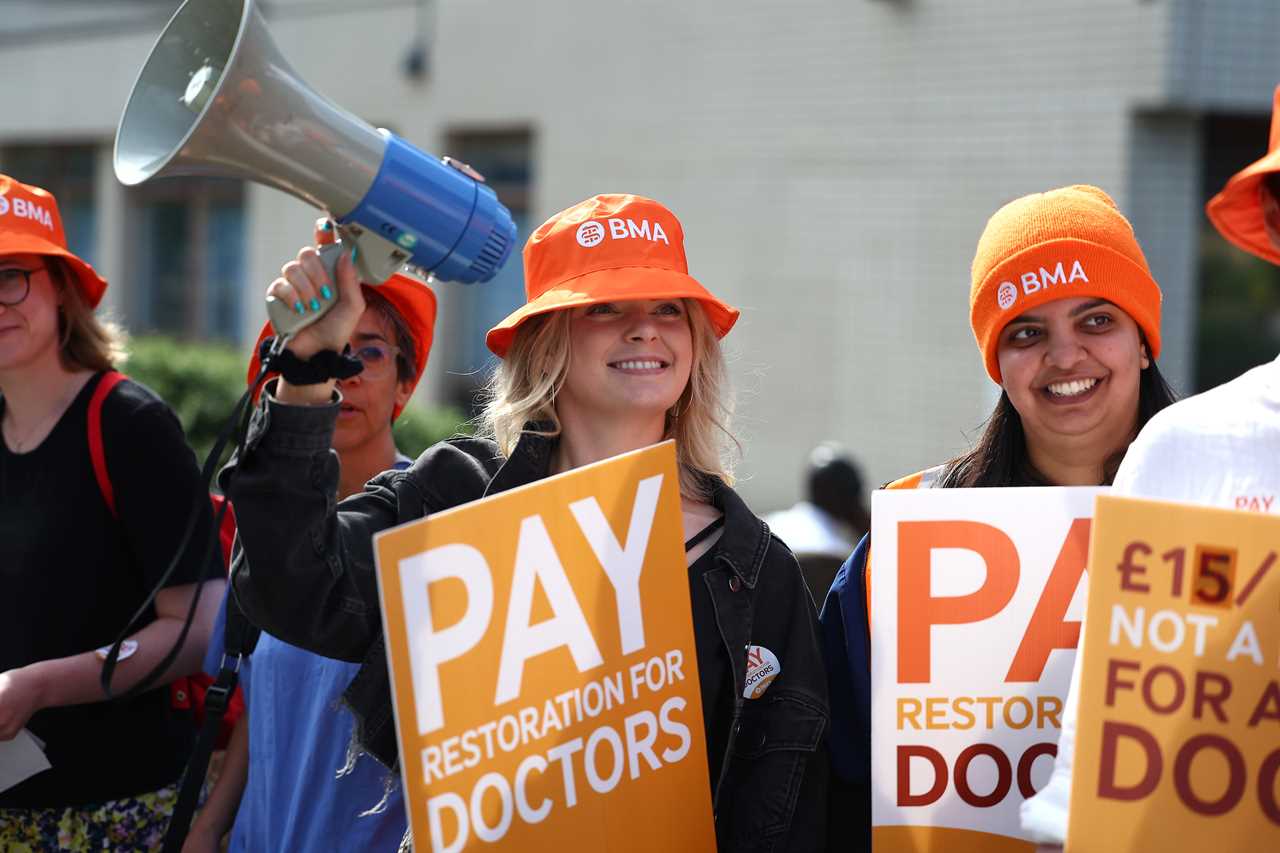
Government Debt Soars Due to Pay Rises
Hefty pay rises for public sector workers have led to a significant increase in the Government's debt, surpassing expectations by £4.1 billion. October saw borrowing hit £17.4 billion, the second-highest on record since 1993, well above the forecasted £13.3 billion by economists.
Criticism Over Salary Boosts
Chancellor Rachel Reeves faced criticism for granting substantial salary increases to union members like junior doctors and train drivers. Shadow Chancellor Mel Stride attributed the debt hike to Labour's decision to provide inflation-busting pay rises without corresponding reforms.
Financial Challenges and Tough Choices
Interest payments on debt reached £9.1 billion in the worst October since 1997. Downing Street acknowledged the anticipated rise in borrowing as they address a £22 billion deficit in public finances. Chancellor Reeves highlighted financial challenges left by the previous administration, leading to difficult spending decisions.
Controversial Moves and Salary Adjustments
In a controversial decision, winter fuel payments were removed for OAPs not receiving pension credit. However, pay rises of 5.5% for public sector workers, including teachers, soldiers, police officers, and civil servants, were announced. Junior doctors are set to receive a significant 22% wage increase over two years to address ongoing strike actions.

Did you miss our previous article...
https://trendinginthenews.com/uk-politics/yobs-to-be-banned-from-town-centres-and-parks-under-new-respect-orders






